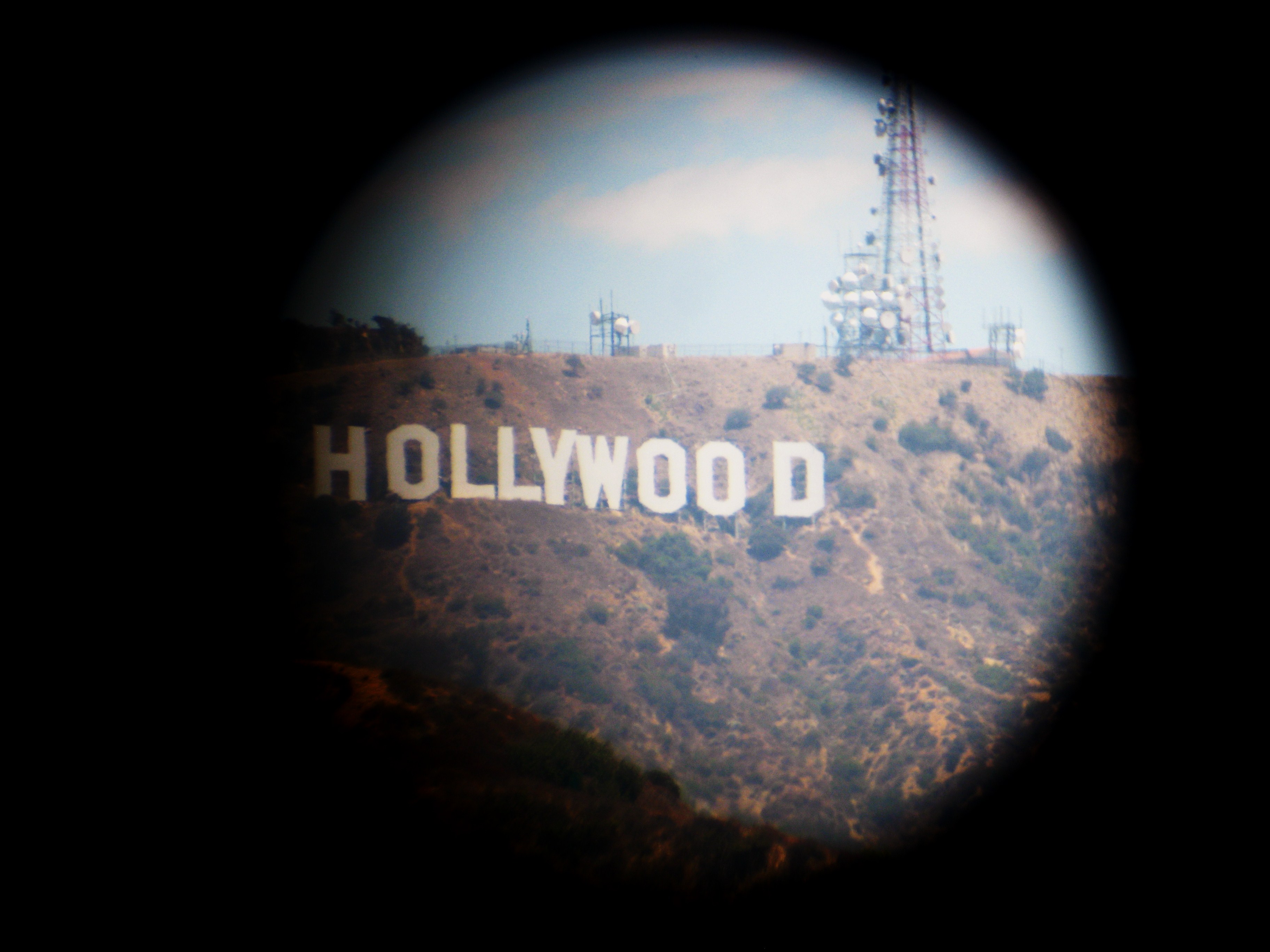Harvey Weinstein and Hollywood’s Sexual Abuse Problem

Image: adriandanganan via Creative Commons.
Recently, news broke out that Hollywood producer Harvey Weinstein is a serial sexual harasser and assaulter. In the past week alone, over 50 women have come forward accusing Weinstein of sexual harassment.
All these accusations follow a pattern: a young woman who is looking to further her career is intimidated by Weinstein into meeting with him privately, usually under the guise of a professional meeting. Weinstein appears clad in a bathrobe, or completely disrobed, where he asks for sexual favors or so-called “massages.” Weinstein clearly uses his power and influence in the industry as a means of coercion.
Amid the cries of outrage from the press and social media alike lies a deeper, silent problem: the systemic sexism and lack of consequences for powerful men in Hollywood and American media. Yes, Weinstein was fired from his own company. Yes, the public has now turned against him. And, yes, more and more women feel comfortable sharing their experiences in a society where women are systematically discouraged from coming forward with stories of rape and harassment. But, with the accusations against Weinstein spanning back across several decades, why did it take so long?
The answer lies in the imbalance of power in Hollywood: the executives on top, typically white, cisgender men, have all the control. Weinstein has been described as a major powerhouse in the film industry from the early 1990’s to the late 2000’s. As such, many women did not feel comfortable speaking out in fear for their careers, social backlash due to rape culture, or purely because they had survived a deeply traumatic experience. One of the first women who came out against Weinstein, actress Asia Argento, told The New Yorker: “The thing with being a victim is I felt responsible. Because if I were a strong woman, I would have kicked him in the balls and run away. But I didn’t. And so I felt responsible.”
While what happened to her is in no way Argento’s fault, it is of no surprise that she, and so many other survivors, feel this way. This is due in part to a systemic nationwide issue of victim blaming and rape culture, where studies show two out of three rapes go unreported. After the news broke, women felt more comfortable sharing their experiences. Many spoke of the intimidation, physical or career-wise, that discouraged them from speaking out. Some suggested that Weinstein would “crush them.” A former employee said, “If Harvey were to discover my identity, I’m worried that he could ruin my life.”
This type of intimidation makes one thing clear: industries care more about image and profit than they value human life. The New York Times investigation into Weinstein discovered previously undisclosed allegations against Weinstein which spanned over three decades. Interviews, emails, internal documents, and legal records from Miramax and the Weinstein Company all depict a continuous pattern of serial harrasment. Weinstein has reached at least eight settlements with women during this time span, suggesting that not only did the company suspect Weinstein’s actions – they were fully aware of it.
Their silence begets complicity. It highlights the persistent problem of corporations not taking action until it becomes beneficial for them to – usually due to press and social media outrage. This is about abuse of power, power which is typically wielded by a man.
Weinstein is fully aware of the power he holds, and that he is near invincible if he has the support of the film industry and his company. In a leaked email the The New York Times before he was fired Weinstein writes, “Do not let me be fired. If the industry supports me, that is all I need.”
This is nothing new. Donald Trump was elected president of the United States despite the graphic content of the Access Hollywood tapes, and the numerous women who came forward and accused him of sexual assault. Another example is Bill O’Reilly, who was forced out of his show hosted by Fox News. O’Reilly’s termination was only truly considered once the settlements from his sexual harassment cases became public – and over 50 advertisers abandoned his show. Woody Allen, Casey Affleck, and various others have been accused of sexual assault, but continue to make movies and win Oscars amidst Hollywood praise.
Weinstein’s statement only further proves the mentality that men in power often have. In his statement Weinstein writes, “I came of age in the 60’s and 70’s, when all the rules about behavior and workplaces were different. That was the culture then.” Weinstein’s grotesque attempt at an explanation for his actions could not further miss the mark. Not only were the early 70’s when anti-rape legislation and movements gained momentum, but “the culture of the time” does in no way excuse his actions, or make them okay in any form.
In his statement, he tries to redeem himself in various ways: from quoting Jay-Z, to describing his future political endeavors such as an anti-NRA campaign, and donating a $5 million dollar scholarship to the University of Southern California for aspiring women directors. This is a desperate and blatant smokescreen to cover up decades of abuse and misuse of power.
Often times, when intimidation is no longer possible, an abuser will begin gaslighting. Certain types of gaslighting include an abuser endeavoring to “image” themselves as the victim. To put it simply: it is a form of emotional abuse where an abuser manipulates a situation to gain control. Whether they are people like Weinstein who deny accusations by claiming they are “good guys” at heart, or those who claim innocence as they have championed causes for equity and social justice in the past, thus exempting them from scrutiny. Emotional debt is often expected through acts of kindness or relatively good deeds. But, good deeds do not cancel out or excuse evil actions.
When does it become enough? How many more times do we have to hear a repeat of the same narrative, where consequences are light or non-existent? Accountability and legislation must be put into place to prevent this all from occurring once and for all. We, as a society, must stop glorifying filmmakers and executives for their products, and start criticizing them for their actions. For change to take place, we must value human life over capitalistic gain, and disrupt the unequal distribution of power, or this gross abuse and despicable action will continue to take place.




